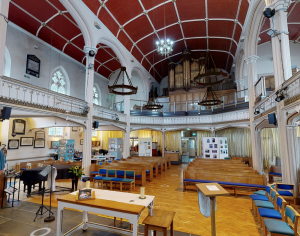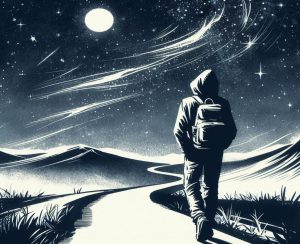Friday 11th October 7.30 pm
St Mary’s Church, Penzance
Celebrating the release of Lethowsow on CD and vinyl – a solo gig played on the lush Bechstein grand piano at Penzance’s mighty church over-looking the sea. With St Just acapella group Meadowlarks and Hannah Bullock (shimmering guitar songs), who will play with Kath Buckler (cello, drum)

All proceeds to the church which has been so supportive of Kelsey’s music and recording.
You can buy tickets at https://bit.ly/4d8bASs
“I’m so looking forward to it, the piano is a special instrument which the church very kindly let me play and record for my album. It’ll be a thrill to share that grand piano sound.
We are aiming to raise some money to meet the rising costs of keeping the church doors open – all proceeds from ticket sales will go to St Marys.
I’m really excited to hear Hannah Bullock Music and acapella group Meadowlarks in the amazing St Marys acoustic. Hannah writes incredible songs which will be set off by her distinctive atmospheric guitar sound and Kath Buckler Music on ‘close harmonies, dark cello and a heartbeat drum’.
Meadowlarks are Fran Driscoll, Julia Cottam, Sue Yeates and Deborah Edwards – an uplifting vocal harmony group from the St. Just & Pendeen area. Their repertoire includes songs from the British, Irish and American folk traditions.
Hope to see you there!“







